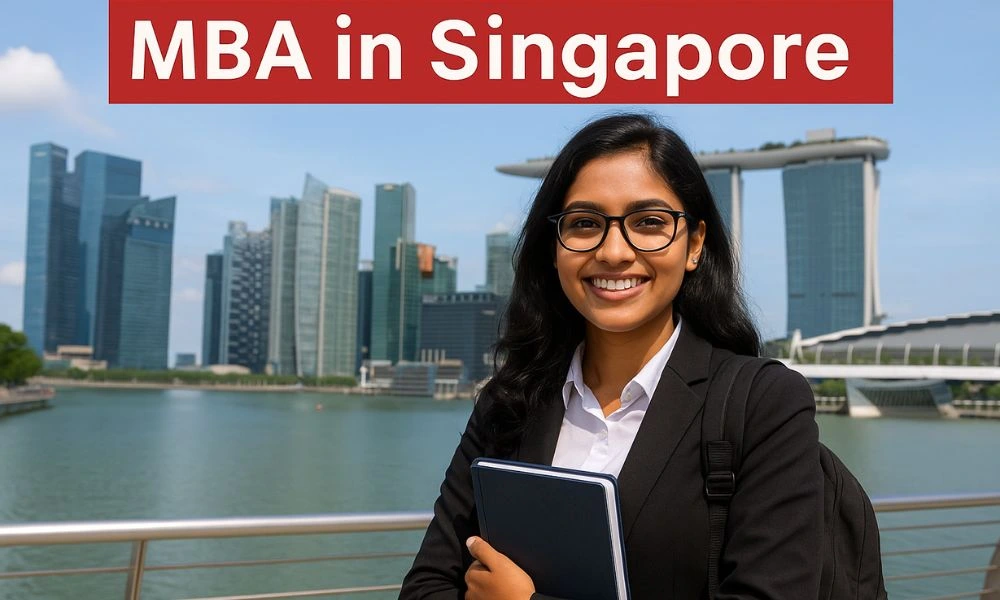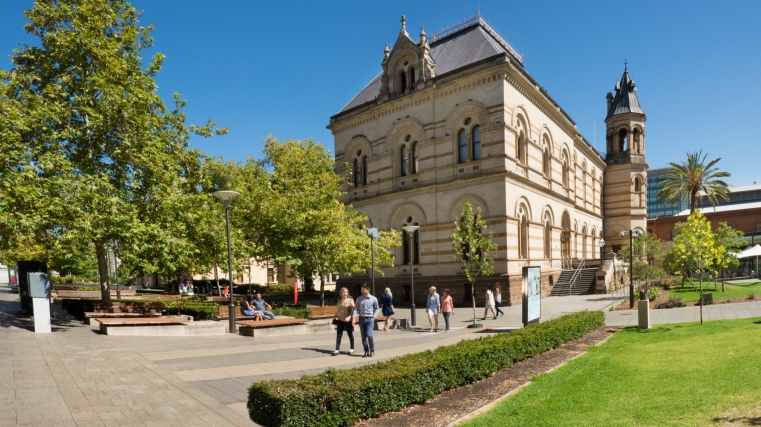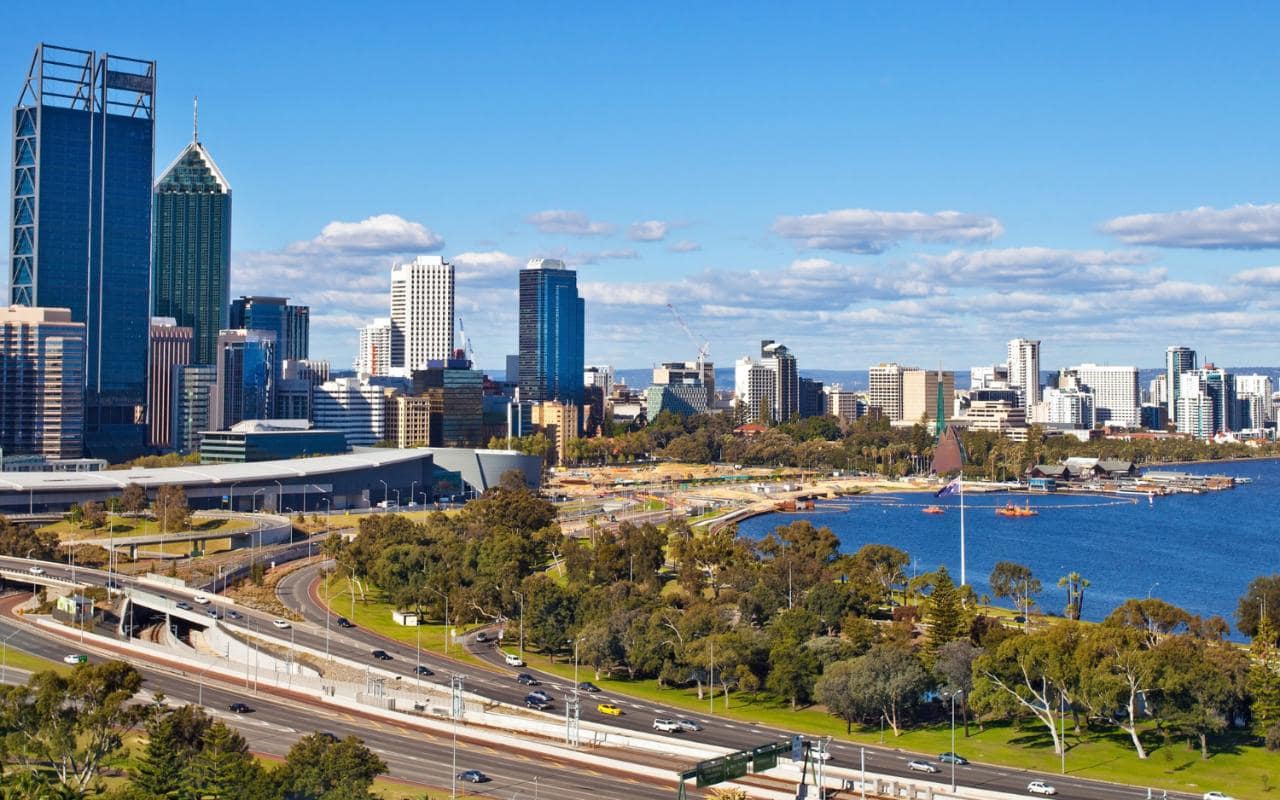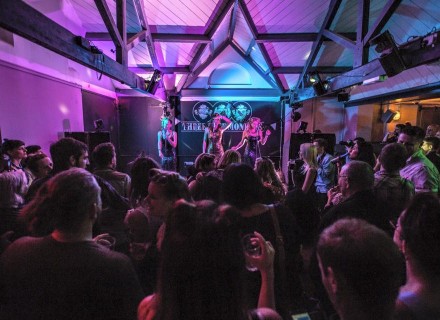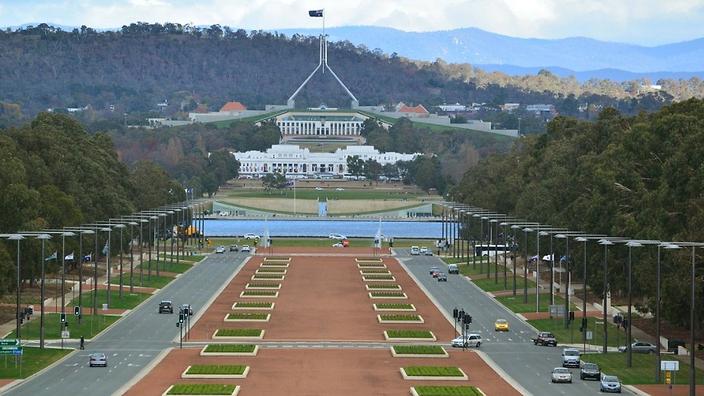Table of Contents
If you’re an Indian student dreaming of an MBA without flying halfway across the globe, Singapore should be at the top of your list. With its globally ranked universities, strong business ties, high-paying jobs, Singapore is the ideal place for you. This place has shorter course durations, lower living costs, and powerful career returns. Whether you’re planning to join NUS or NTU, or explore elite global options like INSEAD, Singapore offers an international degree that’s respected by top employers.
This guide covers everything you need to know, from eligibility, cost, and top B-schools to salary expectations and the full application process, so that you can make a smart, informed decision for your future.
Why Should Indian Students Choose Singapore for an MBA?
Thinking of doing an MBA abroad but want to stay close to home? Then Singapore is a smart and practical choice. It offers excellent education, a modern lifestyle, and solid job opportunities. That too without the long flights or major cultural shock. In fact, more than 5,000 Indian students chose Singapore for their master’s programs in 2024 alone. And MBA courses were one of the most popular picks. So, why do Indian students love studying MBA in Singapore? Here’s the deal:
- Big Business Hub with Real Job Potential: Singapore is home to offices of companies like Google, Amazon and BCG. That means more chances to get internships, build your resume, and land jobs after graduation.
- Top Universities that Employers Respect: Places like NUS, NTU, and SMU are globally ranked. Thier MBAs are recognized everywhere. These are not just business schools. They’re the kind of places that look great on your resume and help you stand out.
- Fast-Track MBA = Quicker Returns: Unlike the US or UK where MBA programs take 2 years, most MBAs in Singapore are done in 10–18 months. That means you save time, cut down on living costs, and start earning sooner.
- Just a Short Flight Away from India: Whether you’re from Delhi, Mumbai, or Chennai, Singapore is only 5–6 hours away. This makes it easy (and affordable) to fly back during holidays or if you need to see your family.
- Great Job Options After Graduation: Once you finish your MBA, you can apply for a Long-Term Visit Pass and look for jobs. Many students also get hired by companies straight from campus, especially in fields like finance, tech, and consulting.
What Are the Top MBA Colleges in Singapore?
For Indian students, Singapore offers amazing business schools, global exposure, and quicker returns on investment. In fact, in 2025, three of Singapore’s MBA programs ranked in the QS Global Top 50. Schools here are triple-accredited (AMBA, EQUIS, AACSB). And they are known for placing graduates in top companies like Google, McKinsey, Deloitte, and DBS. And the numbers speak for themselves:
- INSEAD grads from Singapore saw a 100% salary jump within 3 years (FT Global MBA 2024).
- NUS and NTU MBA programs are ranked among the Top 3 in Asia for return on investment.
- The average post-MBA salary boost for Indian students is around 120% (QS MBA ROI Index 2025).
Let’s check out the top MBA colleges in Singapore and what makes them special:
| University | QS Global MBA Ranking (2025) | What Makes It Stand Out |
| National University of Singapore (NUS) – NUS Business School | #8 | One of Asia’s top MBA colleges. 94% grads get placed within 3 months. Companies like Amazon and McKinsey actively recruit here. Avg salary after MBA: SGD 105,000/year. |
| Nanyang Technological University (NTU) – Nanyang Business School | #12 | Fast 1-year program with strong focus on leadership. Avg salary after MBA: SGD 100,000/year. Offers great ROI and international exposure. |
| Singapore Management University (SMU) – Lee Kong Chian School of Business | #=511 | Strong links with startups and corporates. Known for practical projects. Avg salary: SGD 90,000–95,000/year. |
| INSEAD – Asia Campus | Not QS Ranked (but elite globally) | Ranked #2 globally by FT. One of the shortest and most intense MBAs. Perfect for career switchers. Avg salary: USD 113,000–125,000/year. |
| S P Jain School of Global Management | Not Ranked | Offers global campus rotation (Singapore, Dubai, Sydney). Good fit for Indians seeking international exposure. Triple-accredited. |
How Much Does an MBA Cost in Singapore for Indian Students?
Doing an MBA is a big decision, both academically and financially. But Singapore is one of the most practical and cost-effective options out there. If you are going to B-schools in the US or UK, your MBA may stretch over two years and easily burn through ₹80 lakhs to ₹1.5 crore.
On the other hand, Singapore offers shorter, high-impact MBA programs (10–18 months) at nearly 40–50% lower cost. That means quicker returns, earlier job placements, and less time away from the workforce. But to plan smartly, you need to know more than just tuition. Think rent, food, transport and mobile bills. Following is the cost breakdown of doing an MBA in Singapore as an Indian student:
| University / Category | Tuition Fee (INR) | Living Cost (INR) |
| NUS – National University of Singapore | ₹66 Lakhs | ₹1.01 Lakh |
| NTU – Nanyang Technological University | ₹50.25 Lakhs | ₹1.01 Lakh |
| SMU – Singapore Management University | ₹50.25 Lakhs | ₹1.01 Lakh |
| INSEAD – Asia Campus | ₹1.02 Crore | ₹1.35 Lakh |
What Is the Eligibility to Study MBA in Singapore?
Before you pack your bags or prep for your GMAT, let’s talk about what it actually takes to get into a Singapore MBA program. While each university has its own checklist, most follow a common structure when it comes to eligibility. Whether you’re aiming for NUfS, NTU, or INSEAD, or exploring newer options like Curtin or JCU, you’ll need to tick a few key boxes.
It will include academic background, work experience, entrance scores, and supporting documents. Good news? You don’t need to have an Ivy League degree or 10+ years of corporate leadership. If you’ve got solid academics and 2–5 years of real-world experience, you’re already halfway there. Below are the eligibility criteria for doing MBA in Singapore:
- Academic Qualification: You need a bachelor’s degree in any field from a recognised university. There’s no fixed CGPA cut-off, but top B-schools prefer 60–65% minimum or a GPA of 3.0/4.0.
- Work Experience: Most full-time MBA programs require 2 to 5 years of professional experience. Executive MBA (EMBA) programs typically ask for 8+ years. Leadership roles, promotions, or international exposure all help you stand out.
- GMAT or GRE Score: Top universities like NUS, NTU, and INSEAD ask for a GMAT or GRE score. Average scores for admission tend to hover around 660–730 (GMAT). However, mid-tier colleges like Curtin, JCU, or MDIS may waive the test if you perform well in their own evaluations or have strong work history.
- English Language Proficiency: If your degree wasn’t taught entirely in English, you’ll need proof of language fluency. Most universities ask for an IELTS score of 6.5–7.5 or a TOEFL iBT score of 90–105.
- Key Application Documents: You’ll need a polished CV, a powerful Statement of Purpose (SOP), and 2 Letters of Recommendation (LORs). These documents should highlight your achievements, career goals, leadership potential, and why you’re a good fit for an MBA in Singapore.
What Is the Application Process for MBA in Singapore?
Applying for an MBA in Singapore might feel overwhelming at first. But trust us, it’s a clear, step-by-step process if you plan smartly. Whether you’re aiming for elite colleges or value-based options. The application route is fairly structured and student-friendly. Singaporean B-schools offer multiple intakes (usually August and January).
They accept online submissions and evaluate candidates holistically. It is not just based on test scores, but also on intent, experience, and fit. In 2024, more than 6,000 Indian students applied for MBA programs across Singapore, with over 58% of admissions happening in Round 1 and 2, so timing and preparation really matter. Below is the Step-by-Step MBA Application Process for Indian Students:
| Step | What You Need to Do |
| 1. Research MBA Programs | Explore different universities based on tuition, ROI, location, course specialization, and placement stats. Use QS Rankings, university websites, and alumni LinkedIn profiles to shortlist. |
| 2. Check Eligibility | Carefully review requirements for GPA, GMAT/GRE, English test scores (IELTS/TOEFL), and work experience. |
| 3. Gather Required Documents | Prepare your academic transcripts, updated resume, Statement of Purpose (SOP), 2 Letters of Recommendation (LORs), GMAT/GRE scores, IELTS/TOEFL results, passport copy, and recent photograph. |
| 4. Fill Out Application Form | Complete the online application on the university’s website. Some schools (like NTU and SMU) charge an application fee of SGD 100–150 (₹6,700–₹10,000). Double-check each section before hitting submit. |
| 5. Interview Round | If shortlisted, you’ll be called for a virtual or in-person interview. Questions usually focus on your career goals, leadership experience, and why Singapore. Interview invites are sent out 2–4 weeks after submission. |
| 6. Receive Admission Offer | Successful candidates receive a conditional or unconditional offer letter. Conditional offers might ask for missing documents or pending scores. Most schools respond within 4–8 weeks. |
| 7. Apply for Student Pass (Visa) | Use the SOLAR system on ICA Singapore’s portal to apply for your Student Pass. Processing typically takes 10–15 working days, and you’ll need to upload your offer letter, passport, and health info. |
| 8. Final Prep: Accommodation, Travel, Finances | Book student housing in advance (platforms like University Living can help), buy insurance, and arrange an international debit/credit card. Also, join admitted student groups on WhatsApp or Telegram to connect with peers. |
What Is the ROI and Average Salary After MBA in Singapore?
Doing an MBA is a big investment, especially if you’re going abroad. But here’s the good news. When it comes to value for money, Singapore ranks among the top in Asia and globally for its solid Return on Investment (ROI). You’re not just earning a degree, you’re building a career with international opportunities, often at half the cost of a US or UK MBA.
In fact, according to the QS MBA ROI Index 2025, Singapore ranks #2 in Asia for post-MBA salary growth and job placement, right after Hong Kong. For Indian students, who often arrive with 2–5 years of work experience, the jump in salary after graduation is significant—and often life-changing. Here’s what Indian MBA graduates can typically earn in Singapore across different roles:
| Job Role | Average Annual Salary (SGD) | Approx. INR Equivalent |
| Management Consultant | SGD 90,000–120,000 | ₹55–74 Lakhs |
| Product Manager | SGD 85,000–100,000 | ₹52–62 Lakhs |
| Marketing Manager | SGD 70,000–85,000 | ₹43–53 Lakhs |
| Financial Analyst | SGD 65,000–80,000 | ₹40–50 Lakhs |
| Investment Banker | SGD 120,000–200,000 | ₹74 Lakhs–₹1.2 Cr |
| HR / Ops Manager | SGD 60,000–85,000 | ₹37–53 Lakhs |
Conclusion
If you’re looking for an MBA that offers global recognition, solid ROI, and real job prospects, Singapore hits the sweet spot. You’ll graduate in just over a year, save on tuition and living costs, and still walk into a job market filled with global companies. With average post-MBA salaries crossing ₹60–75 lakhs, strong visa pathways, and close cultural ties to India, Singapore makes studying abroad not just affordable, but genuinely worthwhile. Need help with your MBA journey in Singapore? Visit University Living and let’s make your MBA dream in Singapore a reality.
Frequently Asked Questions
Is Singapore a good option for Indian students to pursue an MBA?
Yes! Singapore is a great choice for Indian students who want an international MBA without going too far from home. Top B-schools like NUS, NTU, and SMU offer globally ranked programs, shorter course durations (10–18 months), and strong career opportunities in Asia-Pacific.
How much does an MBA cost in Singapore for Indian students?
MBA fees in Singapore range from around ₹18 lakhs to ₹1.02 crore, depending on the university. Mid-tier schools cost less, while elite ones like INSEAD and NUS are on the higher end—but offer great returns.
Which entrance exams are required for MBA in Singapore?
Most universities require a GMAT, GMAT Focus, or GRE score.
You’ll also need to submit IELTS or TOEFL scores if your last degree wasn’t in English. Some schools allow you to apply first and upload test scores later.
What is the average MBA salary in Singapore in INR?
MBA graduates in Singapore earn an average of SGD 122,000 per year, which is about ₹77.5 lakhs. Your actual salary will depend on your role, experience, and the company you join.
Which are the best MBA colleges in Singapore?
Here are the top MBA colleges in Singapore:
National University of Singapore (NUS) – Ranked #1 in Asia
INSEAD – Asia Campus – Top-ranked globally
Nanyang Technological University (NTU) – Known for innovation
Singapore Management University (SMU) – Industry-focused, modern curriculum
How long does it take to complete an MBA in Singapore?
MBA programs in Singapore usually last between 10 to 24 months.
Full MBA: 12–18 months
Executive MBA: 15–24 months
Diploma/Part-time MBAs: 1 year minimum
